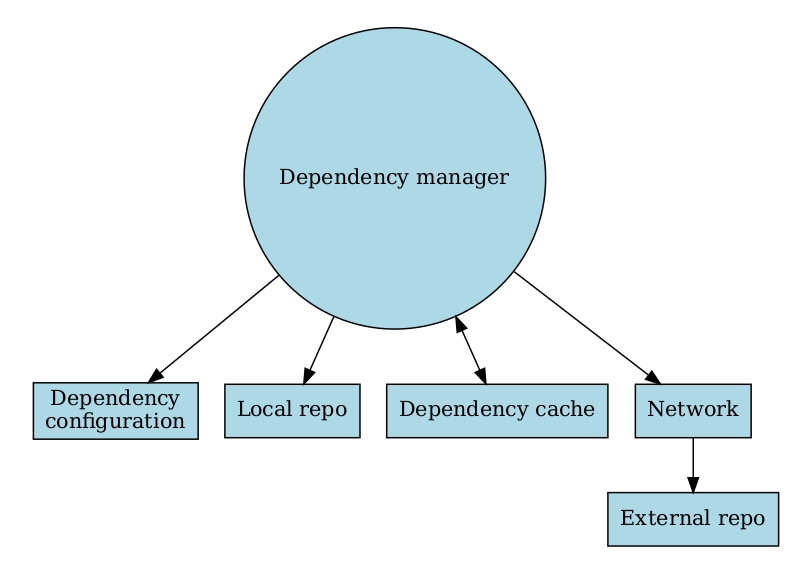Dependency management is a cornerstone of successful software projects, transcending programming languages and architectural frameworks. As we embrace the shift towards service-based and microservices architectures, managing dependencies efficiently becomes even more crucial.
While at first glance, dependency management might seem straightforward, the intricacies can catch engineering teams off-guard. What begins as simply adding a few lines of code can turn into a complex ordeal as systems scale and evolve.
Within this context, collaboration between different roles, from software architects to Site Reliability Engineers (SREs), becomes pivotal. While architects play a leading role in determining and managing dependencies, SREs contribute their expertise to ensure that dependencies do not jeopardize the system’s stability, security, or performance.

Best Practices in Dependency Management
- Leverage Dependency Management Tools: Tools like Ant, Maven, and Gradle make the process transparent, centralizing dependencies for easy maintenance and enhancement.
- Harness Artifact Management Solutions: Solutions such as Nexus, Archiva, and Artifactory provide centralized repository management and effective caching, optimizing dependency management and accelerating build times.
- Expunge Unused Dependencies: Removing unused dependencies is akin to cleaning up dead code—it reduces challenges during updates and streamlines the codebase.
- Uphold Consistent Versioning: Adhering to standard versioning conventions prevents compatibility issues and reduces complexity. Maintain Separate Configurations: Sharing configurations across projects can create unnecessary coupling. It’s best to maintain separate configurations, except in the cases of monoliths or monorepos.
- Regularly Update Dependencies: Staying updated is essential to address bugs, security issues, and reduce technical debt, ensuring smooth deployments and service continuity.
- Prudent Management of Shared Dependencies: Careful handling of shared libraries is essential to prevent over-coupling and challenges during updates.
The Holistic View of Dependency Management
Dependency management is more than just tool utilization, it’s an integral part of organizational culture and thoughtful automation. Recognizing its role in the software development lifecycle is critical, as neglect can lead to significant operational and maintenance challenges.
In environments fervently adopting CI/CD, observability, DevOps, and SRE practices, it’s easy for dependency management to be overlooked. However, its significance remains paramount. Effective dependency management not only enhances development efficiency but also fortifies the long-term success of tech initiatives. Thus, it deserves the attention and meticulous care of all stakeholders involved, from developers to SREs.


